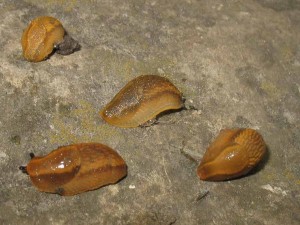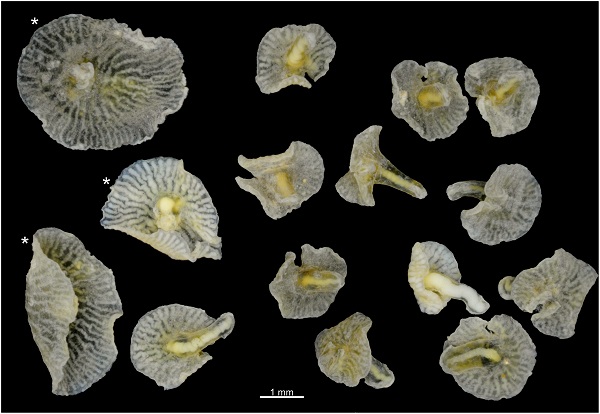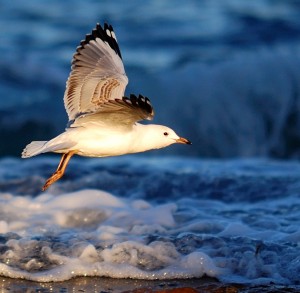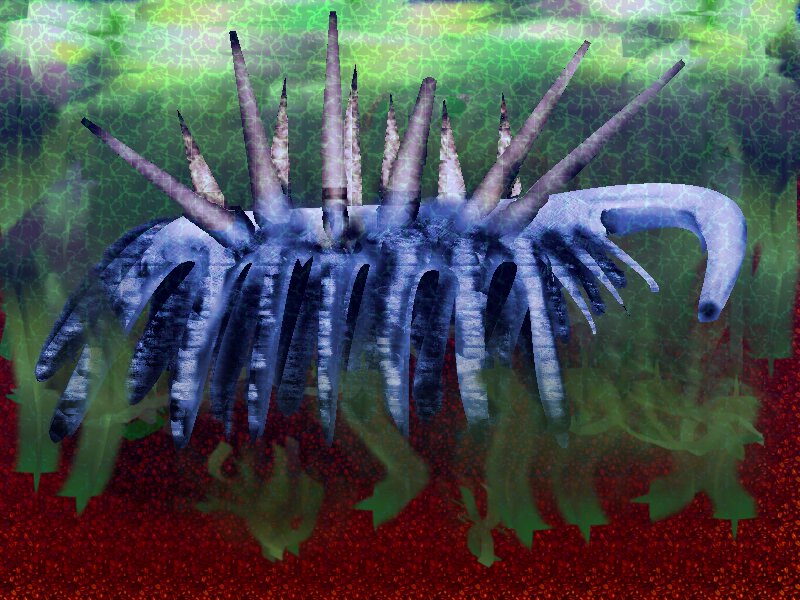5 of the most successful conquerors
When an animal invades a new habitat this does neither need jet fighters nor bombs. There is neither a political conflict about it, because normally, nobody recognizes the invasion until it’s too late – meaning that endemic species, to speak animals that are home in that habitat, are suppressed. Here, we present you those animals, that had the most successful strategy:
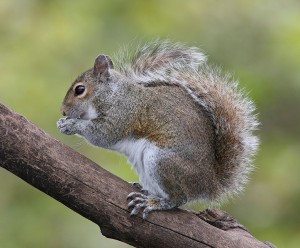
Black Squirrel CC BY 3.0 by BirdPhotos.com/wikipedia.com: http://en.wikipedia.org/wiki/File:Eastern_Grey_Squirrel.jpg
This little guy looks really sweet, right? Perhaps that a quite clever disguise to take an innocent and sweet look. At least, that’s how the Grey squirrel made it’s way from America to Europe – where it competes for nuts with the endemic Red squirrels.
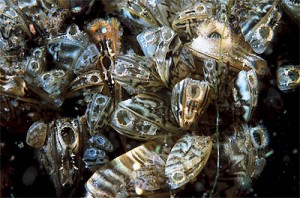
Zebra Mussel – CC BY-SA 3.0 by GerardM, wikipedia.com: http://en.wikipedia.org/wiki/File:Dreissena_polymorpha.jpg
Not really movable on itself, the Zebra mussel sneaked into North America in ship’s ballast water. Quite a clever way to hide, right? But nowadays the time to hide is over: it’s clogging water filters, pipelines and attaches to almost anything in it’s surrounding.
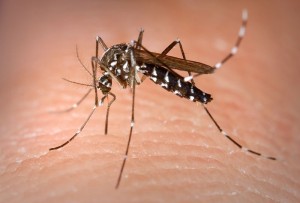
Asien Tiger, public domain by Centers for Disease Control and Prevention’s Public Health Image Library
What do you think: Did the Asian tiger mosquito fly all the way from Southeast Asia into other parts of Asia and even to Europe? It is believed to be the most-widely distributed animal (being abundant in 28 countries outside of it’s native range)
The Spanish slug is not longer munching it’s way through Spanish and Portuguese lettuce patches, but conquered also other patches throughout Europe – it is not only that they thread agriculture, but are also considered a danger for natural ecosystems.
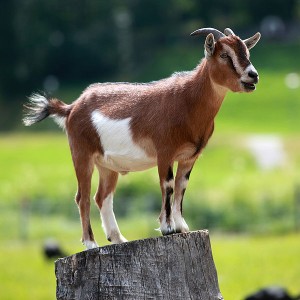
Goat, CC BY-SA 3.0 by Armin Kübelbeck, wikipedia.com: http://en.wikipedia.org/wiki/File:Hausziege_04.jpg
Harmless in most parts of the world, unexpectedly it is goats posing a threat on the biodiveristy of Galapagos Islands for example. Here it is considered to be the most damaging invasive species.



